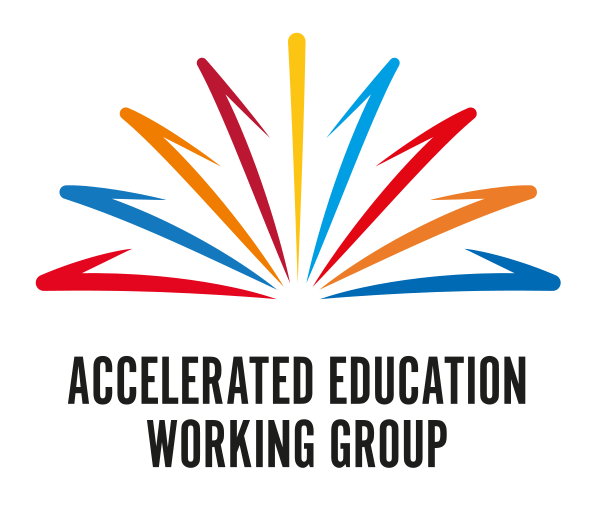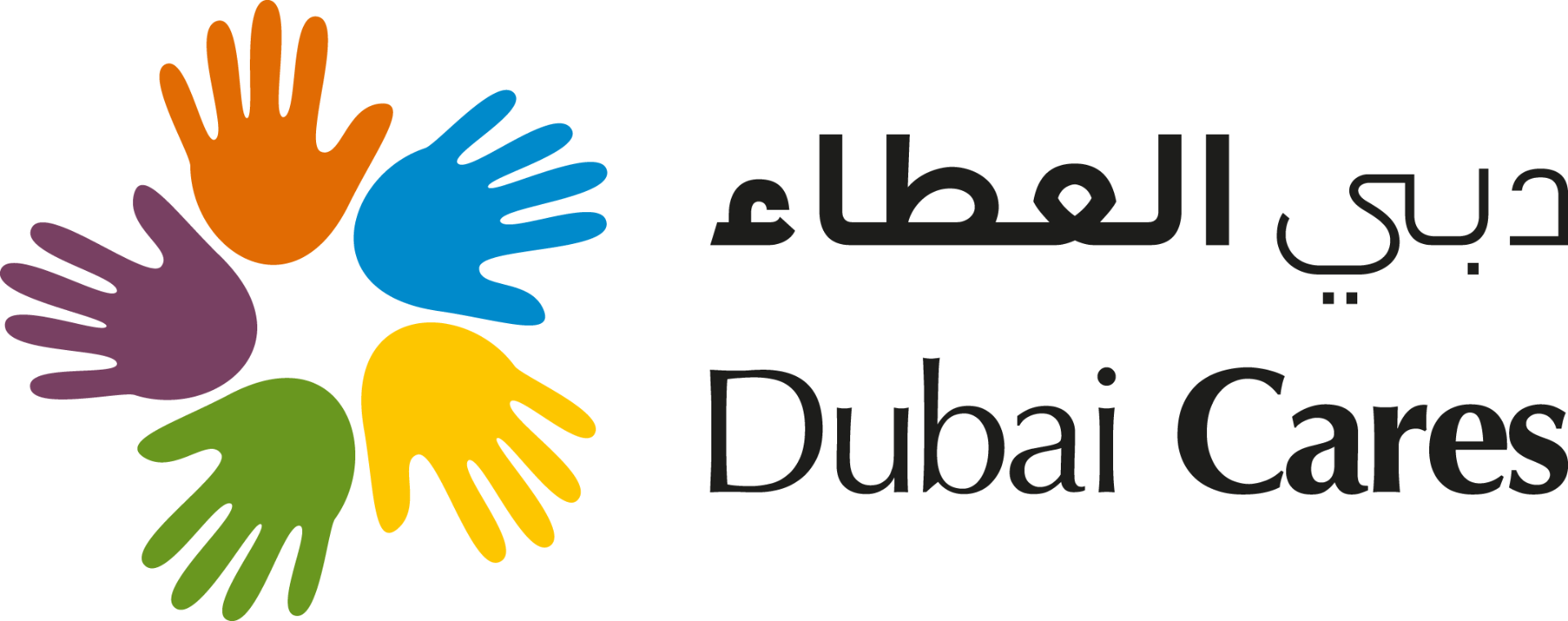Accelerating Change for Children’s and Youths’ Education through Systems Strengthening (ACCESS):
A reflection on key findings from Phase 1
This think piece synthesises some of the key findings from across the five countries researched in Phase 1. In it, the authors explore some of the working assumptions and hypotheses about both what quality accelerated education (AE) provision is and how this might be best achieved. In light of COVID-19, the growing concern for millions of children and youth who are out of school or at risk of being out of school, and with accelerated education programmes being promoted as a solution to this challenge, this research is particularly timely. Achieving systemic change for the tens of millions of overage and out-of-school children globally—be it through AEPs or other NFE pathways—requires a careful understanding of both the wider political economy within which such education opportunities exist, and the aims and ambitions of education for these learners.
Date: March 2022
Author(s): Dr. Ritesh Shah, Kayla Boisvert
Preferred citation: Shah, Ritesh and Kayla Boisvert. Accelerating Change for Children’s and Youths’ Education through Systems Strengthening: A reflection on key findings from Phase 1. University of Auckland and Accelerated Education Working Group (AEWG), 2022.

![INEE Logo Horizontal English, FullColor [web]](https://access-education.auckland.ac.nz/files/2022/07/INEE-Logo-Horizontal-English-FullColor-web.png)

